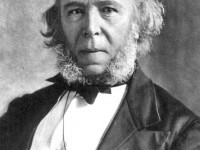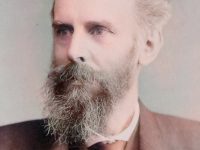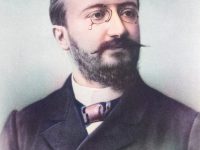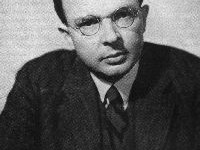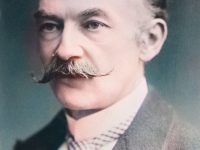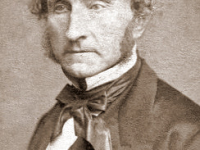Herbert Spencer and Social Darwinism
On April 27, 1820, English philosopher, biologist, anthropologist, sociologist, and prominent classical liberal political theorist of the Victorian era Herbert Spencer was born. Spencer is best known for the expression “survival of the fittest“, which he coined in Principles of Biology (1864), after reading Charles Darwin‘s On the Origin of Species.[4] This term strongly suggests natural selection, yet as Spencer extended evolution into realms of sociology and ethics, he also made use…
Read more

